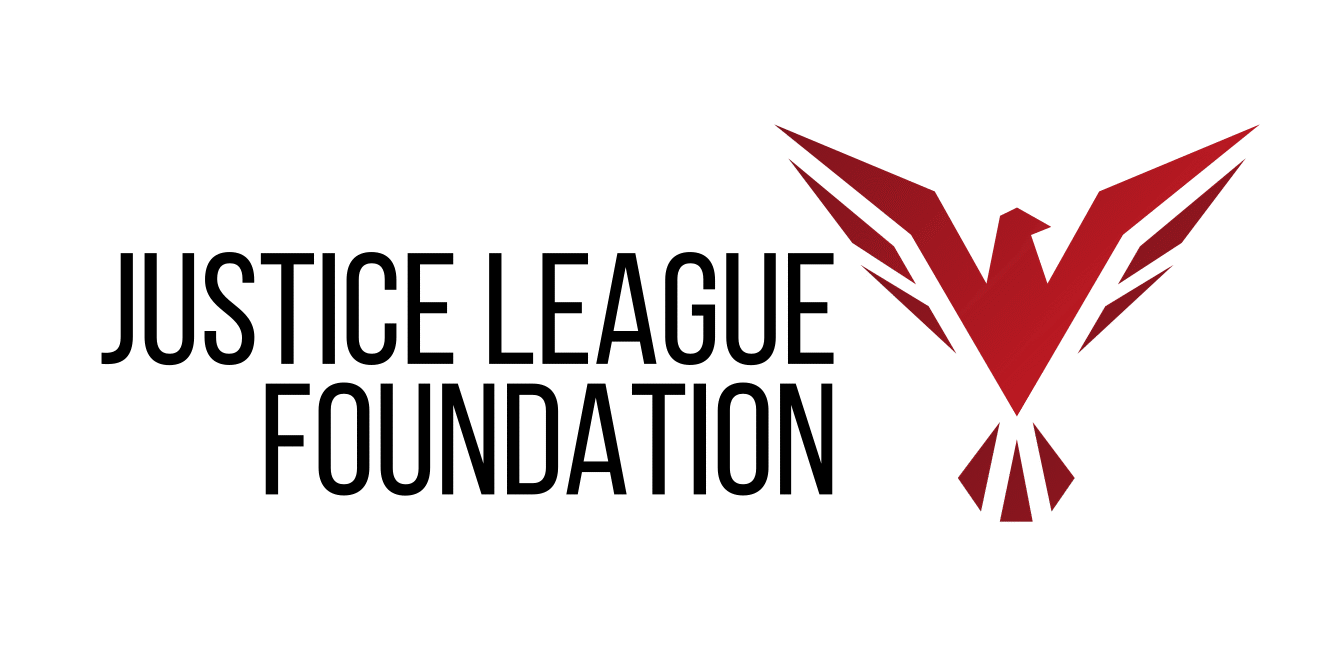Custodial Violence: Truth from the Cell
Abdul Rahim’s story is not just one man’s painful experience—it is a mirror reflecting a brutal and persistent reality in India’s justice system.
In a recent interview with The News Minute’s “In Public Interest,” Rahim opened up about the custodial violence he faced three years ago in Chennai. Despite suffering horrific injuries at the hands of the police, and having video and photographic evidence to back his claims, no police officer has been punished to this day.
Rahim’s case is not an isolated one. Across Tamil Nadu, custodial violence continues unchecked. From the infamous Sathankulam deaths to the tragic case of Ajith Kumar in Sivaganga, there is a disturbing pattern—people being tortured or killed in custody, while the system turns a blind eye.
In Rahim’s own case, even after reaching out to the Tamil Nadu Director General of Police and the State Human Rights Commission, no action was taken. The institutions that are supposed to protect citizens have failed him, just as they have failed so many others.
What is particularly disturbing is how the system shields the perpetrators. Complaints are ignored, investigations are delayed, and officers responsible are rarely held accountable. This lack of justice not only harms the victims and their families but also erodes public trust in law enforcement. Rahim’s voice, however, refuses to be silenced. He continues to fight, not just for himself, but for all those who have suffered silently.
His story serves as a powerful reminder of the urgent need for police reforms in India. Custodial violence cannot be treated as routine or brushed under the carpet. There must be accountability. Human rights commissions need real authority to investigate and act. Independent oversight is essential, and technology like CCTV in custody areas should be mandatory—not optional.
What stands out most in Rahim’s story is his courage. Even after being failed by the system, he continues to speak up. He is turning his trauma into a demand for justice—not just for himself, but for countless others. His story needs to be heard, shared, and remembered.
Because justice delayed is not just justice denied—it is a message to every victim that their pain does not matter. That must change.
-Team Justice League Foundation
Disclaimer: This video is the property of The News Minute and is embedded here directly from their official YouTube channel. All rights and credits belong to The News Minute. This content is shared for informational and educational purposes only. No copyright infringement is intended.
